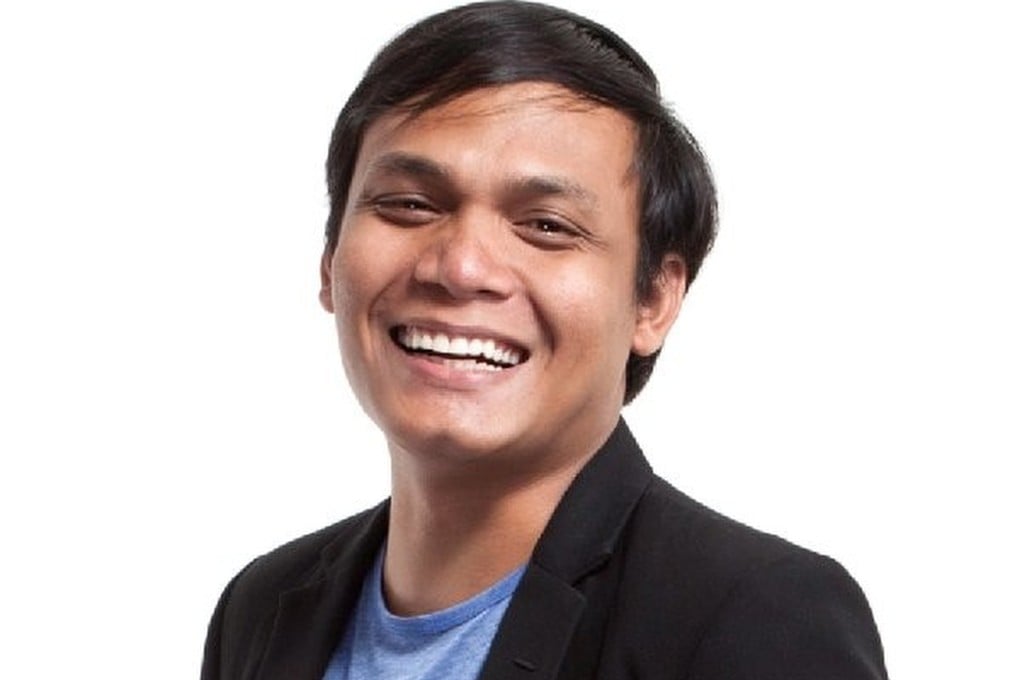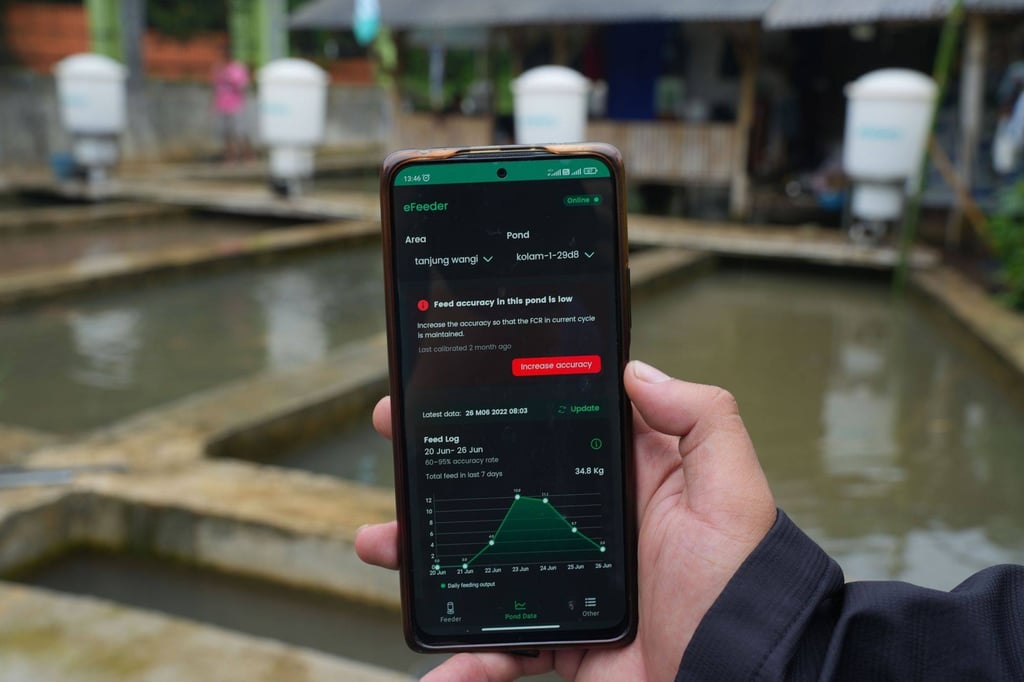Advertisement
Indonesian Gibran Huzaifah who grew up in poverty builds US$1.4 billion fish start-up
- Aquaculture firm eFishery’s value has hit US$1.4 billion, more than tripling its previous value, with further expansion planned at home and abroad, including India
- 33-year-old CEO Huzaifah, a biology major, grew up near slums in Jakarta where he often slept rough and once did not eat for three days
Reading Time:2 minutes
Why you can trust SCMP
2

An agritech start-up, co-founded by a former resident of a poor Jakarta neighbourhood, became a rare Indonesian unicorn after raising US$200 million in fresh funding.
EFishery’s value hit US$1.4 billion after a funding round led by Abu Dhabi’s 42XFund, more than tripling its previous value of US$410 million in 2022, according to Chief Executive Officer Gibran Huzaifah.
The company, which serves 70,000 fish and shrimp farmers in Indonesia, crossed the billion-dollar mark in a year when lay-offs, CEO resignations and plummeting valuations in the tech sector have dominated headlines.
Advertisement
Slowing economies, rising interest rates and higher levels of inflation have prompted venture investors globally to pull back.

EFishery, which says on its website that “the future is aquaculture”, plans to use the money to expand in Indonesia and India before pursuing an initial public offering in the US or Indonesia in two years, the CEO said.
Advertisement
Advertisement
Select Voice
Choose your listening speed
Get through articles 2x faster
1.25x
250 WPM
Slow
Average
Fast
1.25x